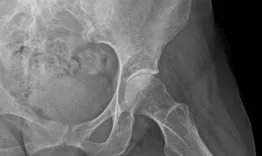Cases and resources in orthopedics
Explore a selection of educational materials from leading experts in the field of orthopedics. This section offers replays of the PCO course sessions, interviews with specialists, clinical case studies, short videos focused on advanced techniques, and webinars. A valuable hub for learning and staying updated on key practices.
This session from the PCO Course 2023 contains the following interventions: The reason why I conduct day surgery; The reason why I don't; Potential benefits of new implants in short and long-term outcomes.
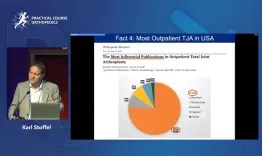
The PCO Tour / Virtual Fellowship - Nicolas Reina visits Vikas Khanduja at his hospital in Cambridge, UK. Together, they engage in discussions about his daily routine, organizational strategies, patient treatment approaches, and his research contributions.
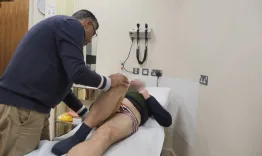
This session from the PCO Course 2023 contains the following interventions: Hip micro instability: Clinics and treatment, Extra-articular hip impingement, PAO is only for experts, My algorithm for young active patients with OA, Mosaicplasty for limited cartilage lesions
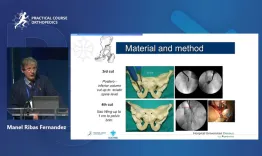
Watch this webinar to gain a deeper understanding of the latest developments in the field of bone reconstruction and how they can be applied to your practice.
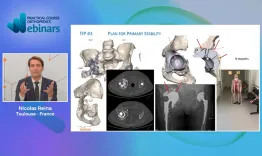
Dive into this case of a 30-year-old female from Guinea who suffers from massive osteoporosis and chronic groin infection. She has been completely bent over in half for the last 10 years.
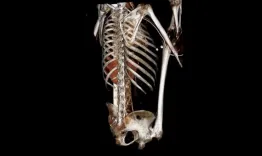
Discover step by step the minimally invasive posterior approach for hip replacement, which is muscle-sparing and limits the risk of dislocation.
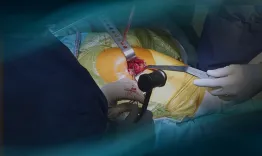
A 24-year-old female patient presents with hip pain. Pre-op X-rays reveal total lysis of the shelf: What causes the patient's symptoms and how would you manage this condition?
The goals of this clinical case are to discuss the different indications and therapeutic options for a hip dysplasia in a young patient, as well as possible complications.
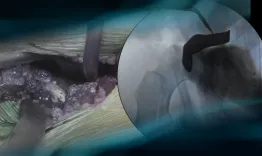
This case discusses the causes of a hip pain, the different therapeutic options, and exposes the posterior mini-invasive approach.
